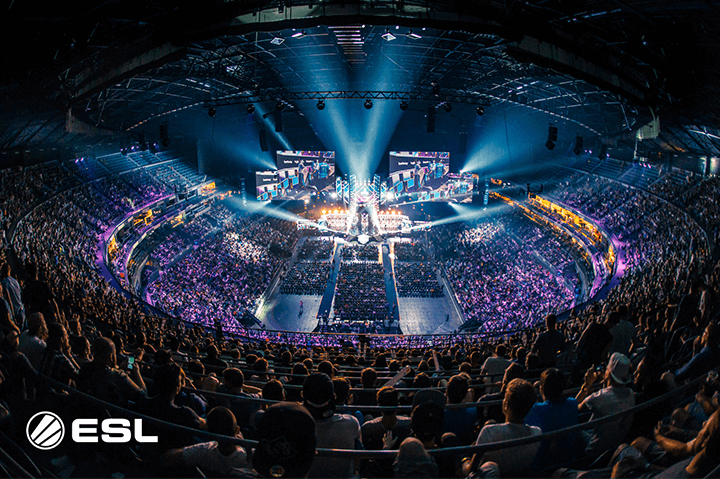
Esports is a mass phenomenon, youth culture, and competition all in one. The term describes organised and competitive electronic sport in which one or more players compete in video and computer games. Completely different conditions and sets of rules apply for the esports players depending on the genre and the actual game. However, the competitive aspect is always very clearly at the forefront.
The Institute of Movement Therapy and movement-oriented Prevention and Rehabilitation considers esports to be a promising sport which breaks with the old understanding thereof and which allows for new approaches. What’s more, it is a very versatile and fast-paced sport which is directly dependent on the fans and on the popularity of the games. As a result, we (the Institute) are of the opinion that esports can still learn much from traditional sports, as well as vice versa! This means we do not see esports as being a short-term fashion trend, but rather the sport of the coming generations. For this reason, we consider it our obligation to take on this subject (scientifically)!
Esports brings people together – on an international level! In no other type of sport is it this easy and natural to communicate and interact with one another across borders and cultures.
Compared with traditional types of sports, esports has developed and professionalised itself remarkably quickly. It is second to none. However, until now, this professionalisation has unfortunately only taken place at top level. Outside of this top level, there is still a need to catch up. In this manner, it is primarily amateur esports players who tend to train exclusively within the game, a practice that results in a lack of holistic training structures. This point in particular is an important starting point for the project. Find out more under the heading Research & Teaching.
In the meantime, esports has become a popular sport. There are approximately 380 million people around the world who occasionally follow esports games. Of these, around 165 million are so-called ‘esports enthusiasts’, i.e. people who also play themselves. In Germany alone, the total esports demographic is estimated at 6.4 million. Of these, approximately 3 million actively play themselves, on a PC, console or on their mobile phones, and watch esports matches at least once a month. This means that we are dealing with a large demographic which needs to be provided for.
What’s more, the concept of playing with a controller or mouse and keyboard also holds many new approaches. Esports not only trains motor and cognitive skills, but also promotes so-called ‘soft skills’. Communicative and social skills are particularly important. Here, esports presents a modern possibility for training these skills, also in a manner which is far removed from professional gaming.
As of yet, there are no guidelines as to how to become a professional esports player. This is also a reason why our research looks into the question of what actually distinguishes a professional esports player from an amateur one. Compared with a footballer, who is able to follow a classic career path through membership in various squads until becoming a professional, there are still no structures in esports which offer such support. It is for this reason that many ambitious players attempt to become better through playing more often, true to the motto “more is more”. This is where the problem of esports lies. A player who sits in front of their computer 10 hours a day does serious damage to their health. This is why esports players come to form a certain risk group. It is here in particular that measures need to be developed in order to counteract this physical stress and inactivity, even in the amateur and mass sport categories.
A high amount of pressure to succeed, high competitive intensity and inadequate compensation for hours of playing lead to an excessive strain being placed on the esports players. In addition, athletes are downright ‘burned out’ within a few years, because no sustainable development of the players takes place. For this reason, long-term success as an esports player is usually limited because an holistic training structure is still lacking and, as a result, good performance cannot be maintained over the course of many years. There is no clear reason that speaks against esports being played at a more advanced age. For this reason, it is our objective to make a contribution towards esports players being able to physically and healthily carry out electronic competition for as long as possible. The aim is thus to integrate the concept of sustainability and health promotion into esports.
Be one step ahead of your opponents from now on thanks to reliable, scientific findings. As a participant, you will be making a considerable contribution to the further development of research and, at the same time, profit from the results regarding your performance.